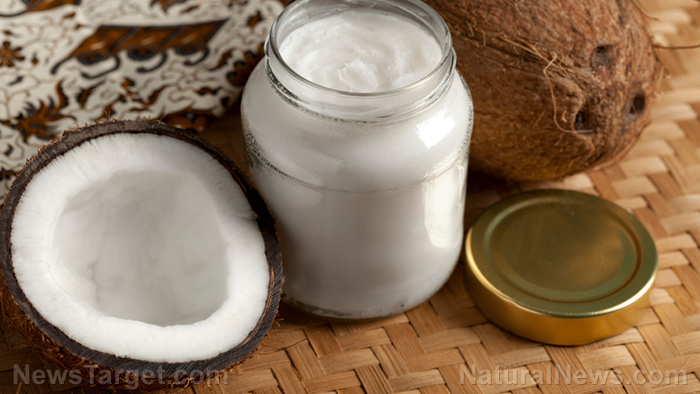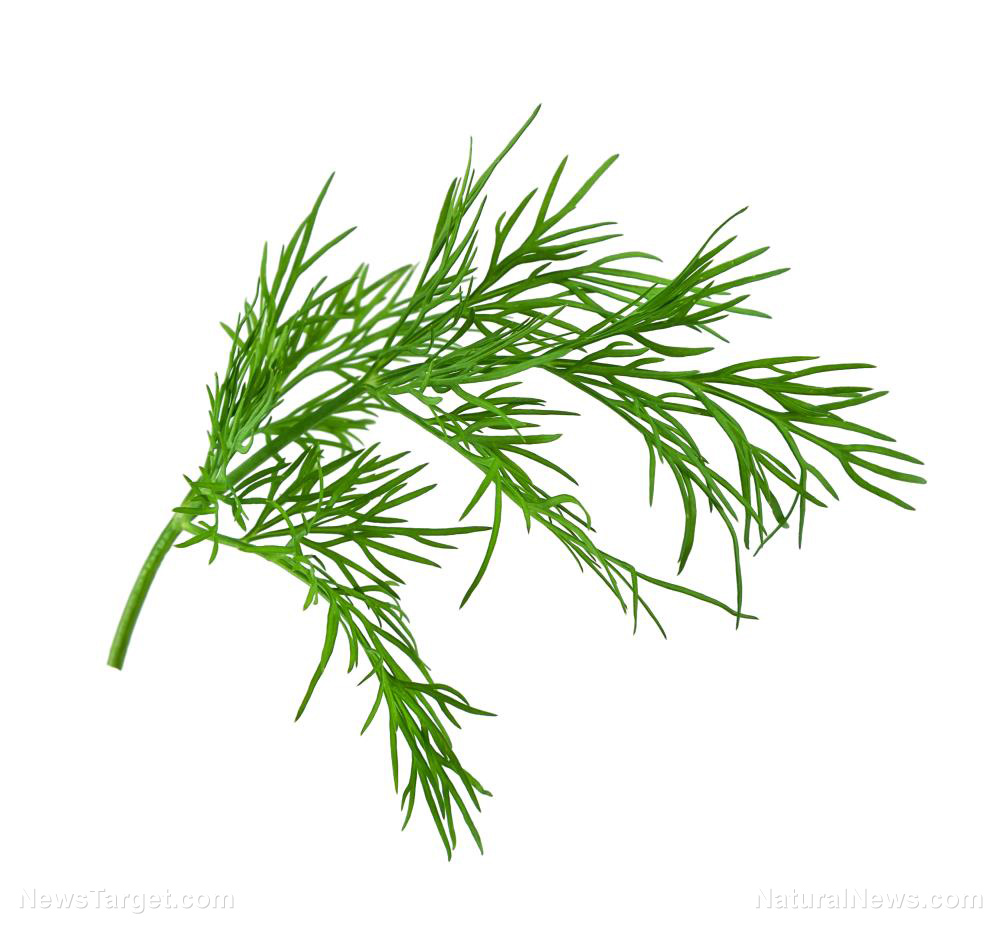Vitamin K sources, health benefits and uses
09/18/2017 / By Earl Garcia

Vitamin K is a fat soluble nutrient that belongs to a compound group called menaquinones. The nutrient is well known for its essential function in blood clotting. The compound plays an important role in the production of protein prothrombin.
The protein helps convert soluble fibrinogen in the blood into insoluble fibrin, which is a key component of the greater part of blood clots. Vitamin K and its many forms are stable to heat and reducing agents. However, they are sensitive to acid, alkali, light and oxidizing agents.
Green leafy vegetables such as asparagus, spinach, cabbage and kale are notably rich in vitamin K. Other food sources of vitamin K include meat and liver, soy beans, green tea and egg yolks as well as whole wheat, potatoes, tomatoes, and dairy products.
Medicinal uses for vitamin K
Vitamin K is an important component of blood clots, which in turn reduces the risk of excessive bleeding. The nutrient is known to lower the odds of bleeding in the liver and improves poor nutrient absorption. The essential vitamin is shown to improve a blood disorder called myelodysplastic syndromes. Likewise, vitamin K stems excessive menstrual flow and relieves related pain. The compound also relieves vomiting and nausea in pregnant women.
An entry featured on the University of Maryland Medical Center website noted that vitamin K is highly effective in mitigating the risk of developing osteoporosis. According to the article, the body requires the essential vitamins in order to use calcium and facilitate bone growth. People with high vitamin K levels are found to have greater bone density. In contrast, people with low vitamin K levels are at an increased risk of osteoporosis.
Likewise, the compound plays a vital role in blood sugar control. According to an article posted on the Organic Facts website, the pancreas produces insulin and contains the second highest vitamin K content in the body. The nutrient is also found to bolster the body’s immunity against a host of infections.
Vitamin K enhances the digestive health too. Adequate vitamin K levels help prevent the onset of various diseases associated with prolonged exposure to oral antibiotics such as biliary obstruction, celiac disease, regional enteritis, and ulcerative colitis. Besides this, the vitamin is regularly given to newborns to mitigate the risk of hemorrhage. The nutrient is also especially beneficial in children with asthma.
Furthermore, vitamin K is touted to enhance cardiovascular health. The nutrient is shown to maintain the overall health of maintain cardiac muscles, capillaries and blood vessels. Likewise, the compound is known to effectively increase blood circulation in tissues and peripheral bodies and keep arterial calcification at bay.
Body systems supported by vitamin K
Vitamin K is a highly beneficial nutrient that facilitates blood clotting and enhances the circulatory system’s overall health. The nutrient is also valued for its bone building properties. Vitamin K helps strengthen the immune system and maintain a healthy digestive profile as well. Aside from this, vitamin K is shown to support the heart, the lungs and both neonatal and women’s health.
Where to learn more
- Vitamin K is the missing link to prevent arterial hardening and cognitive decline
- Vitamin K may be the key to osteoporosis prevention
- Vitamin K: How Much Do You Know About This Essential Nutrient?
- Vitamin K helps prevent diabetes
- Vitamin K deficiency found to promote osteoporosis in women
- Vitamin K may be the key to osteoporosis prevention
Summary
Vitamin K mitigates hemorrhages, excessive bleeding, and other blood disorders.
Vitamin K addresses biliary obstruction, celiac disease, regional enteritis, and ulcerative colitis.
Vitamin K prevents the onset of osteoporosis, asthma, heart disease, and infections.
Vitamin K enhances blood circulation, bone density, and pancreatic health.
Vitamin K strengthens the immune system and improves the digestive profile.
Vitamin K supports the heart, the lungs, and women’s reproductive health.
Sources include:
Tagged Under: Vitamin K





















